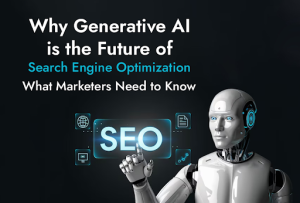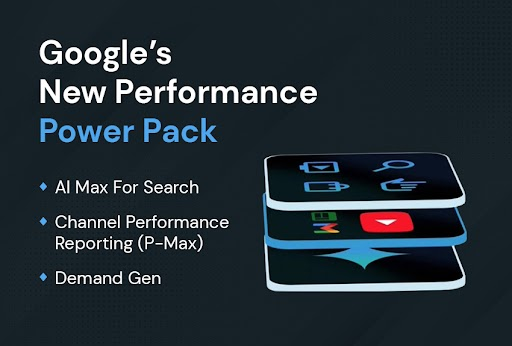
Generative AI is not just a buzzword—it’s fundamentally reshaping the world of Search Engine Optimization (SEO). As artificial intelligence becomes more advanced and accessible, it’s revolutionizing how websites are structured, how content is created and optimized, and how search engines themselves understand and rank information.
The Evolution of SEO: From Keywords to AI-Driven Experiences
Traditional SEO: A Brief Recap
Before the Artificial Intelligence revolution, SEO was largely about:
- Keyword research and strategic placement
- Backlink building to boost domain authority
- On-page and technical optimization (meta tags, headers, sitemaps)
- Manual content creation and data-heavy strategy development
While effective, these methods were often time-consuming, labor-intensive, and struggled to scale with growing digital demands.
Enter Generative AI
Generative AI—exemplified by tools like ChatGPT, Google’s Search Generative Experience (SGE), Bing Chat, Claude, and Perplexity—has upended the old playbook. AI now enables:
- Automated, high-quality content generation at scale
- Real-time content updates based on user behavior and trends
- Advanced data analysis and predictive insights
- Enhanced personalization and conversational search experiences
According to a 2024 SEMrush report, 65% of businesses report improved SEO results due to AI integration, with significant boosts in content quality and marketing ROI.
10 Key Ways Generative Artificial Intelligence is Revolutionizing SEO
1. Optimizing Information Architecture
AI can analyze vast inventories of content or products, extracting logical structures and taxonomies that mirror user search behavior. Adaptive navigation ensures site menus and links align with how real users search and browse, increasing engagement and conversions.
2. Content Creation and Enrichment
AI identifies content gaps, predicts trending topics, and generates SEO-optimized content. It also supports predictive content planning using search and sales trends to guide future topics.
3. Advanced Data Analysis and Audience Insights
AI tools analyze user engagement data to pinpoint resonating content and detect behavioral patterns, enabling hyper-targeted strategies.
4. Elevating Keyword Strategy
AI-powered platforms simulate user queries, analyze top-ranking content, and offer contextual keyword insights for better targeting.
5. Schema Optimization for SERP Features
AI identifies opportunities for schema markup to enhance visibility in search features like featured snippets, FAQs, and reviews.
6. Leveraging Off-Site Data and Sentiment Analysis
AI assesses reviews, social mentions, and forums to evaluate brand sentiment and align with Google’s E-E-A-T principles.
7. Trend Prediction and Proactive SEO
By analyzing digital signals, AI helps you stay ahead by identifying rising topics before they go mainstream.
8. Automating Repetitive SEO Tasks
AI automates reporting and analysis, allowing SEO professionals to focus on creativity and strategic direction.
9. Creating Content That Resonates Emotionally
AI can detect emotional triggers in user feedback, helping create more compelling and engaging content.
10. SEO Storytelling and Stakeholder Communication
AI helps transform complex data into visuals and narratives that make it easier to report results to stakeholders.
Generative AI and Search Engine Algorithms: The New Rules
Understanding Context and Intent
Modern search engines prioritize user intent and context. Your content must be helpful, authoritative, and aligned with user needs.
The Rise of Conversational Search
With more users relying on AI assistants, optimizing for natural language and question-based queries is essential.
E-E-A-T and Content Authenticity
AI can support high-quality content creation, but human oversight is essential to maintain trust and prevent misinformation.
Challenges and Best Practices
The Double-Edged Sword of AI in SEO
- Risk of generic or inaccurate content if unsupervised
- Automation should not replace human creativity and judgment
- Ongoing editorial review is necessary to maintain quality
Best Practices for Leveraging AI in SEO
- Blend AI with human expertise for ideation, research, and quality control
- Stay informed about evolving AI tools and search algorithm changes
- Prioritize user experience and usefulness above all
- Use AI analytics to track performance and iterate quickly
The Future: AI-First SEO Strategy
Generative AI is becoming the core of effective SEO. By adopting AI tools and practices, businesses can:
- Shift from reactive to proactive SEO
- Gain deeper insights into audiences
- Stand out in a competitive digital environment
The future of SEO lies in balancing AI’s power with human insight. Those who master this combination will lead the digital marketing world in 2025 and beyond.






